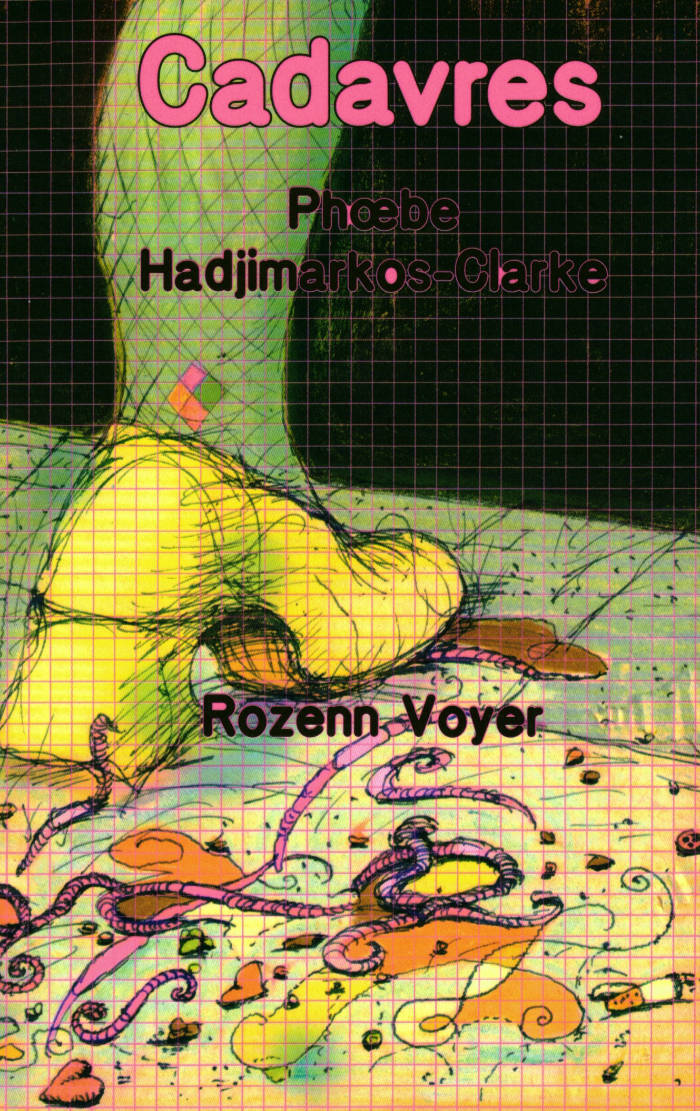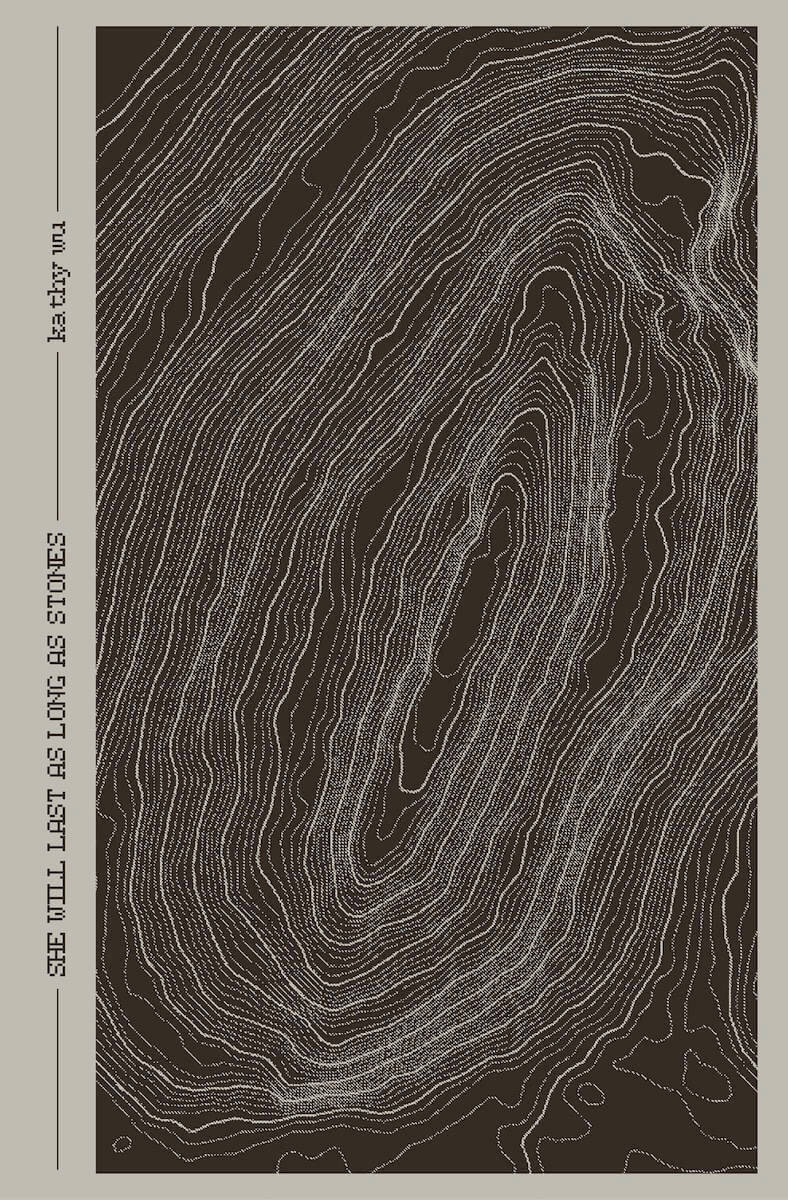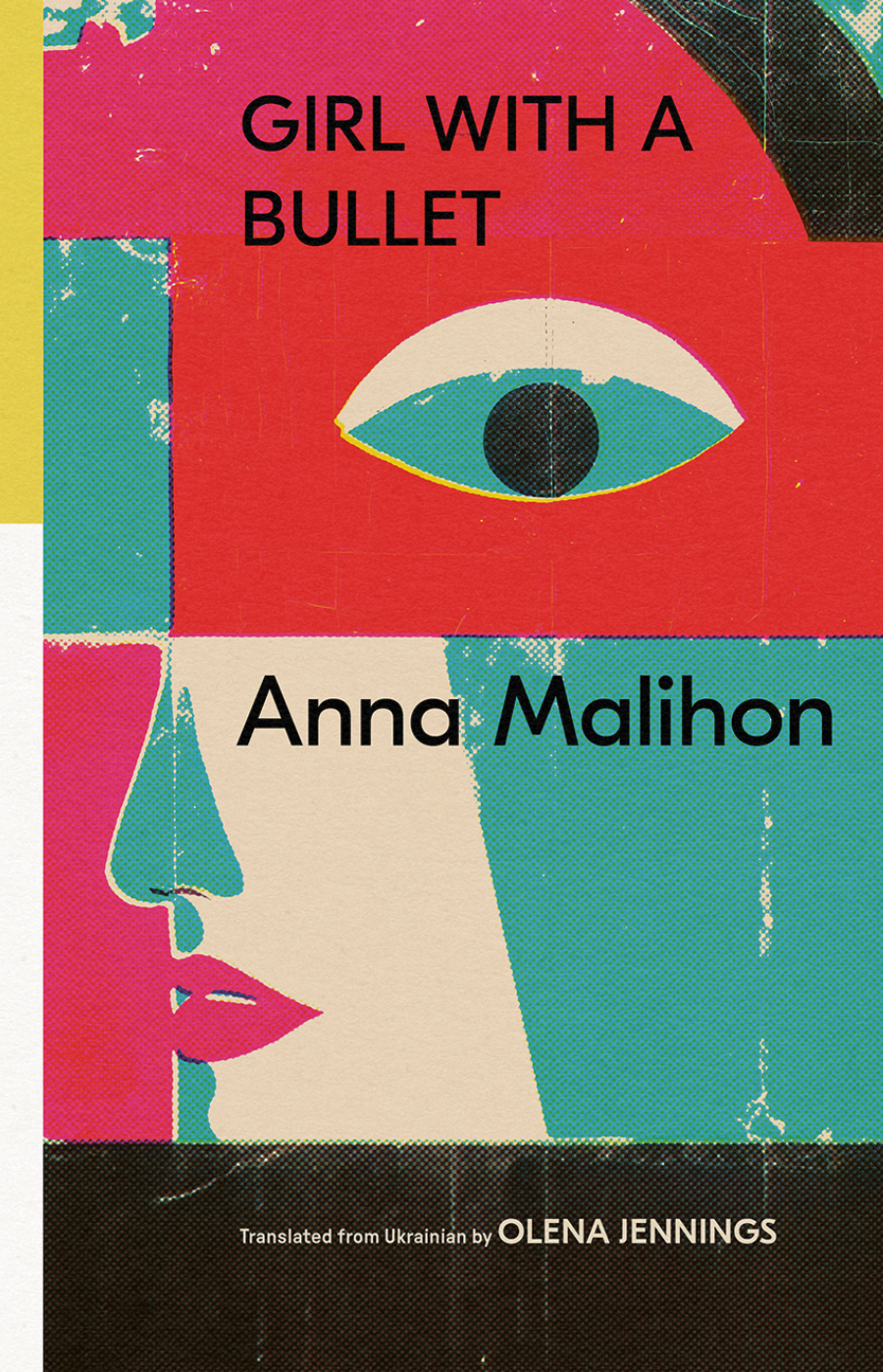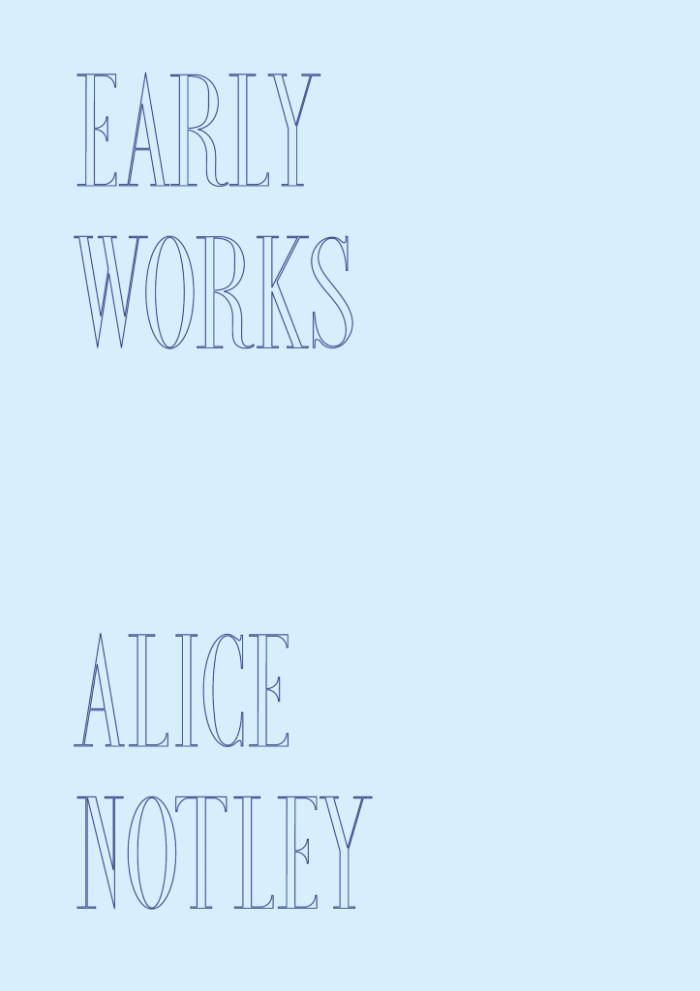
18 Brum’Hair
Phœbe Hadjimarkos-Clarke, Martin Desinde
18 Brum’Hair est un recueil de poèmes écrits à quatre mains par Martin Desinde et Phœbe Hadjimarkos-Clarke au rythme du calendrier révolutionnaire. Si son titre fait référence—non sans un humour capillotracté—au coup d’État de Louis Bonaparte et au livre de Karl Marx traitant du dit-sujet, les auteur·ice·s écrivent ici en ping-pong sur notre temps présent et divaguent autour de sujets divers tels que l’état du monde, la vie urbaine, les drogues et l’alcool, la séduction, la sexualité, l’amour, le chagrin, l’amitié, la révolution... Ces 18 poèmes sont accompagnés de 12 allégories dessinées par Flore Chemin.
Un 18 brumaire littéraire, sans doute plus proche de la farce que de la tragédie.
Martin Desinde est auteur, éditeur et graphiste installé à Paris. Son travail fait dialoguer poésie et idéologie au travers de multiples formes: textes, objets éditoriaux, ready-mades, performances... Il fonde en 2017 la maison d'édition Dépense Défensive avec l’artiste Louis Somveille.
Phœbe Hadjimarkos-Clarke écrit des romans et des poésiesoù elle explore la vie organique et sentimentale au temps du capitalisme tardif. Elle vit dans de grandes villes et de petits villages.
Flore Chemin vit et travaille entre Paris et la Corrèze, sa pratique s’articule autour de la peinture, l’édition et l’installation. Elle y cultive une esthétique de l’à peu près qui répond à divers principes: faire d’abord / comprendre après, rester floue.s pour résister sous cape, inviter le monstre et les mauvaises herbes au cœur du jardin.






